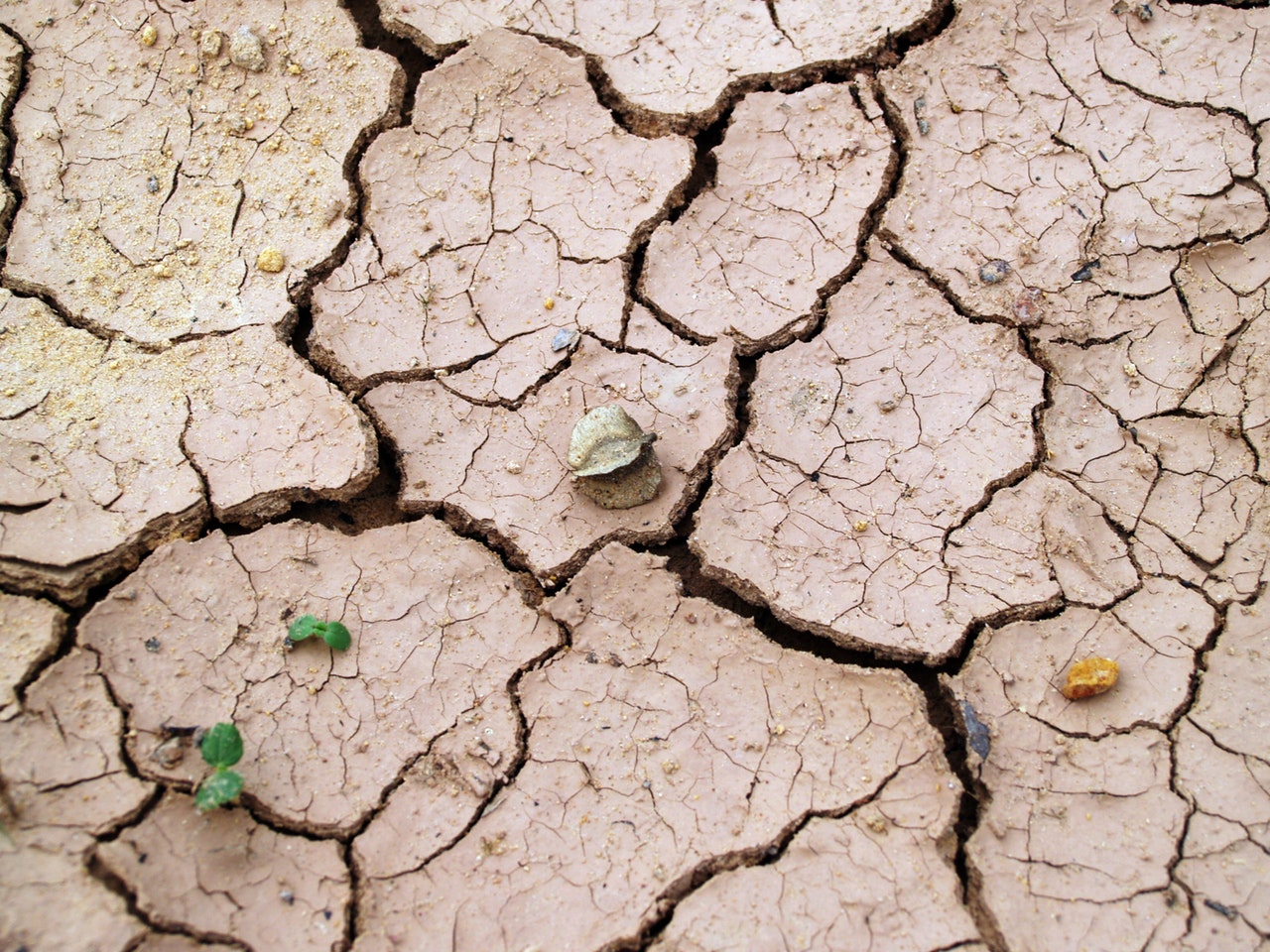5 Natural Remedies for Psoriasis | What Causes Psoriasis?
Psoriasis is common autoimmune disease that manifests as dry, red, scaly patches on the skin. It is essentially the result of accelerated skin cell production. This acceleration leads to a build up of skin cells, causing the skin to become scaly and cracked. Psoriasis rashes may go away for a while but can flare up again when triggered by something like stress.
Psoriasis scales often develop on joints, such as elbows and knees, however psoriasis can develop anywhere on the body. Common areas include:
- hands
- feet
- neck
- scalp
- face
What Causes Psoriasis?
Psoriasis is an autoimmune disease, which means it develops when a problem occurs with the immune system. T cells are part of the immune system that fight infections and heal wounds. They also trigger inflammation. A trigger can cause T cells to start fighting when there isn’t infection which leads to excessive inflammation and growth of skin cells. Normal skin cells are replaced every 21 to 28 days, but in people with psoriasis, they are replaced every two to six days.
What triggers psoriasis is somewhat unclear and can vary from person-to-person. However, many people find that stress and anxiety, infections, allergies, diet, weather, medication, injuries to the skin, and hormonal changes can play a part.
5 Natural Remedies for Psoriasis | Psoriasis Treatment
The dry, itchy, red patches can make psoriasis difficult to live with. Fortunately, there are some natural remedies that you can try at home to ease your symptoms.
Most soaps that we use every day have perfume, dyes, and other chemicals that may irritate your skin, especially if you’re prone to psoriasis. Instead, opt for oatmeal soap. Colloidal oatmeal soap can ease the itching and discomfort that’s common with psoriasis, as well as reduce redness.
Making small changes to your diet may play help you manage your psoriasis. Flare-ups can be triggered by foods such as red meat, dairy, refined sugars, saturated fats, carbohydrates, and alcohol. Anti-inflammatory foods can help mitigate psoriasis. Some anti-inflammatory foods to try are:
- Fruits and veggies – especially berries and leafy greens
- Healthy sources of fat, like avocado, olive oil, seeds, and nuts
- Foods rich in omega-3 fatty acids, like salmon and sardines
- Herbs and spices rich in anti-oxidants, like thyme, sage, cumin, and ginger
3. Tea Tree Oil
You might be familiar with tea tree oil as an acne treatment, however it can also be used for other skin conditions. Tea tree oil has antiseptic qualities and can be applied topically to the areas affected by psoriasis. Some people have even found that shampoos infused with tea tree oil can help relieve psoriasis on the scalp. If you’ve never used tea tree oil before, start small as some people are allergic to it.
4. Dietary Supplements
Dietary supplements can help you ease psoriasis symptoms from the inside out. The National Psoriasis Foundation states that vitamin D, Oregon grape, and evening primrose oil can help ease symptoms of psoriasis. Before taking any supplements, be sure to check with your doctor to ensure they won’t interfere with any other medications you’re taking or health conditions you have.
5. Turmeric
Turmeric has powerful anti-inflammatory and anti-oxidant properties, which lends itself well to minimizing psoriasis flare-ups. Turmeric can be taken in pill or supplement form, but can also be sprinkled on food or added to dishes like curry.
AMAZON AFFILIATE INFORMATION
We, Holistic Health, HQ, are a participant in the Amazon Services LLC Associates Program, an affiliate advertising program designed to provide a means for us to earn fees by linking to Amazon.com and affiliated sites.

